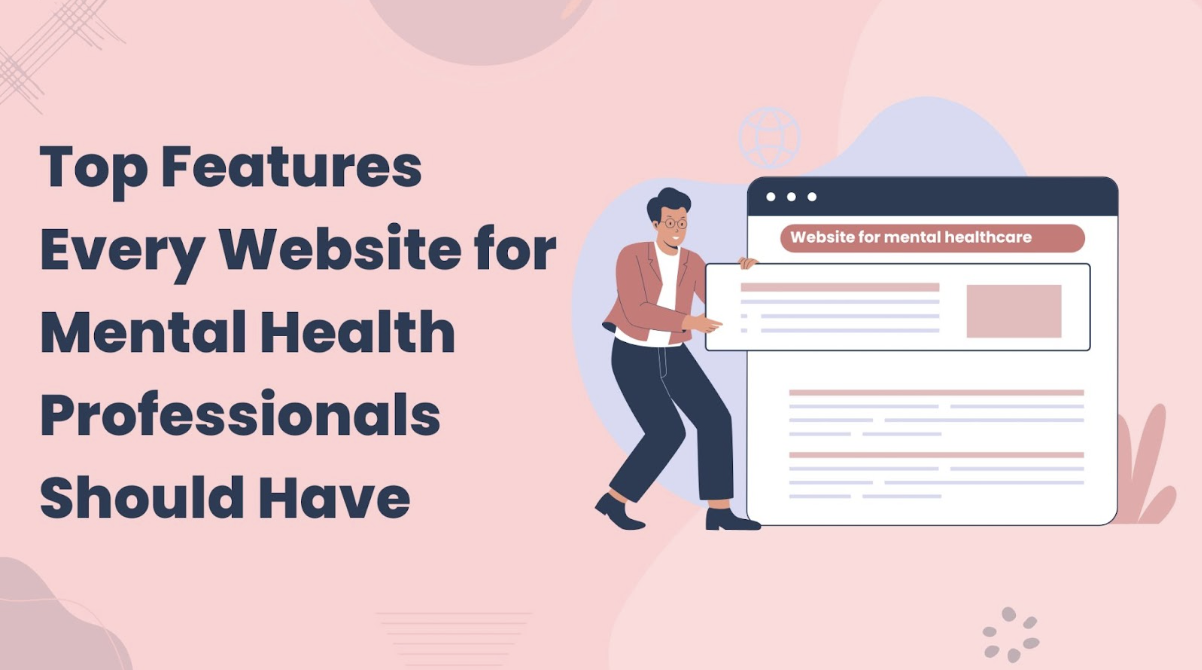LifeHetu
15 Jan 24 10:40 am
Creating Your Online Teaching Space - Strategies for Advertising and Monetizing Your Educational Content
Strategic planning, successful marketing, and a dedication to providing high-quality content are all necessary for the creation and monetization of an online learning environment. Understanding your expertise, developing a credible online identity, utilizing social media, creating informative content, and exploring various sources of revenue will help you create a platform that successfully reaches and engages a worldwide audience.

The internet has changed the way we learn, letting passionate people build their own online education platforms, step by step. If you're a skilled teacher or know a lot about a certain topic, creating your own online class can be a fun and profitable thing to do. In today's digital learning world, teachers have amazing opportunities to share their knowledge with people all over the world through online teaching platforms. But, to really do well in online teaching, it's not enough to just have great educational content. You also need to know how to advertise and make money from your classes. This article will guide you on how to set up your own teaching space on a website for tutors, how to market your abilities effectively, and how to earn money from your educational resources.
Building Your Learning Kingdom:
Understanding Your Niche
The first stage in establishing an effective online teaching environment is to identify and comprehend your niche. What topic or expertise do you excel in? Who is your intended audience? With a firm understanding of your niche, you can personalize your content to your audience's specific requirements and preferences. By defining your niche, you may design courses that differentiate yourself out in a competitive online education setting, attracting students who are really interested in what you are offering.
What unique information or talent do you have that can benefit others? A data scientist skilled in machine learning terms? Pinpointing your area of expertise helps you appeal to a particular audience while also standing out in the vast field of online learning.
Building a Professional Website
Your website is like an online store for your teaching business. It's the main place where you show what you teach and where students can first get in touch with you. Having a professional and user-friendly website for educators not only makes you look more credible, but it also gives students a central place to check out your courses, understand your teaching style, and learn about your qualifications. Spending time and effort to make a nice and helpful website is really important for creating a strong presence online.
Leveraging Social Media
Social media sites are excellent resources for advertising your online teaching facility. Create a profile on social media sites such as Facebook, Instagram, Twitter, and LinkedIn in order to engage with your intended audience. To connect with people who are interested in the subject, share insightful material, interact with them directly by responding to messages and comments, and employ targeted advertising. Using social media strategically and consistently can help you reach a wider audience and draw in an array of students from all over the world.
Look into features like community building features, advertising tools, payment integration, and hosting of courses. Popular choices include Teachable, Thinkific, and Udemy; specialized platforms focus on certain areas, such as learning a language or music. Select a platform based on how well it fits your long-term growth goals, content type, and budget.
Creating Engaging Content
It's time to create your curriculum when you've determined your niche. Which format best fits the material and the way you teach it? Do you prefer engaging live sessions, pre-recorded videos, or a combination of the two? Take into account the varied inclinations for learning of your readers and provide a range of tools, such as interactive discussion boards, downloadable contents, and quizzes.
Helpful, informative content is the foundation of any successful online learning environment. Create lessons that will fascinate your audience in addition to providing essential information. Positive evaluations and word-of-mouth recommendations are more likely when students are actively engaged in the learning process, which is achieved through engaging content.

Offering Free Content
Free content should be taken into consideration as a strategic advertising technique. This might be webinars, introductory classes, or educational blog entries on your specialty. By providing insightful free content, you highlight your experience and teaching methodology and give prospective students a preview of what you are capable of providing. This strategy is a potent marketing tool since it persuades students to spend money on more in-depth premium courses by highlighting the caliber of the free content they have already accessed.
Implementing a Freemium Model
Providing a basic version of your course for free and charging for additional features or advanced information is known as the freemium business model. With this strategy, prospective students can sample your style of instruction without having to commit to anything. They could be more willing to purchase the complete, premium version of the course after they see the value you offer. In addition to drawing in more users, the freemium business model also raises the possibility that free users may become paying clients.
Collaborating and Partnering
Working together with other educators or influential people in your field can greatly improve your online teaching environment. To reach new audiences, think about collaborating, hosting webinars, or having guests appear on each other's platforms. Collaborating with brands or services that are complimentary to yours can lead to new streams of income like affiliate marketing or sponsored content. Collaborating with other esteemed individuals in your industry not only broadens your audience but also enhances the legitimacy of your brand.
Optimizing for Search Engines
Making your online learning environment discoverable requires careful consideration of search engine optimization, or SEO. Make sure the material on your website is optimized for keywords that are pertinent to your industry. This entails adding keywords to headers, meta descriptions, and content. Potential students will find you more easily if you have a solid SEO plan in place because it will make your online teaching space more visible in search engine results.
Building an Email List
For any online instructor, creating and managing an email list is an invaluable resource. Establishing connections with both current and prospective students is made possible by gathering email addresses. To keep your audience interested, send out newsletters on a regular basis that include updates, discounts, and unique material. An email list gives you a direct line of connection, which helps you market your educational resources and create a brand community.
Exploring Different Monetization Models
It takes careful planning to monetize your online learning environment. Examine various options, such as paying for courses all at once, getting access through a subscription, or using both at once. Think about selling products in your niche, providing certification for courses completed, or providing services as a consultant. By varying your monetization methods, you can maximize income sources and satisfy the interests of a wider audience.
Conclusion:
Strategic planning, successful marketing, and a dedication to providing high-quality content are all necessary for the creation and monetization of an online learning environment. Understanding your expertise, developing a credible online identity, utilizing social media, creating informative content, and exploring various sources of revenue will help you create a platform that successfully reaches and engages a worldwide audience. Teachers may succeed in the ever-changing world of online learning by being committed, creative, and flexible, and they can even earn money from sharing their expertise.
Related Reads. Similar Blogs to Check Out.



